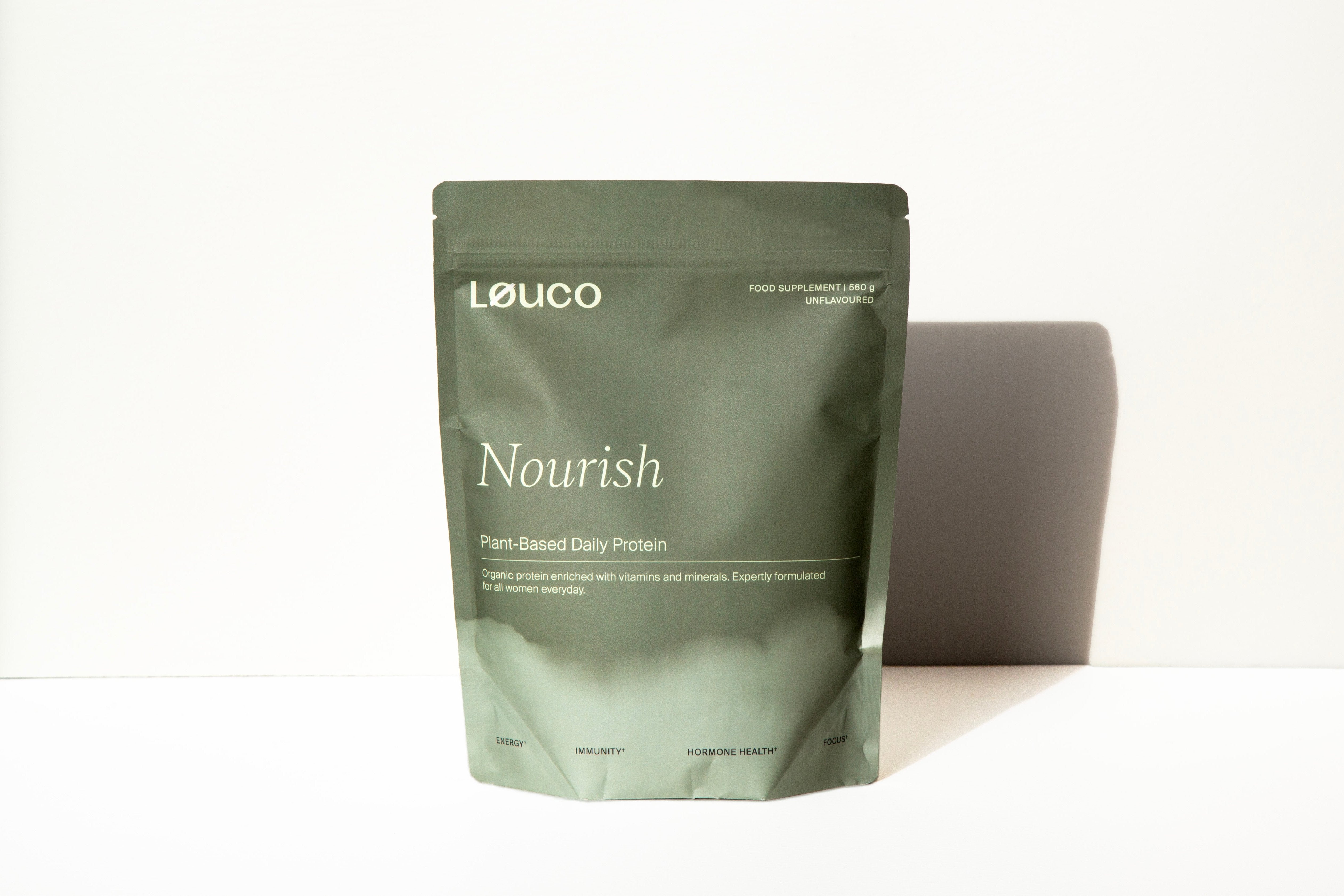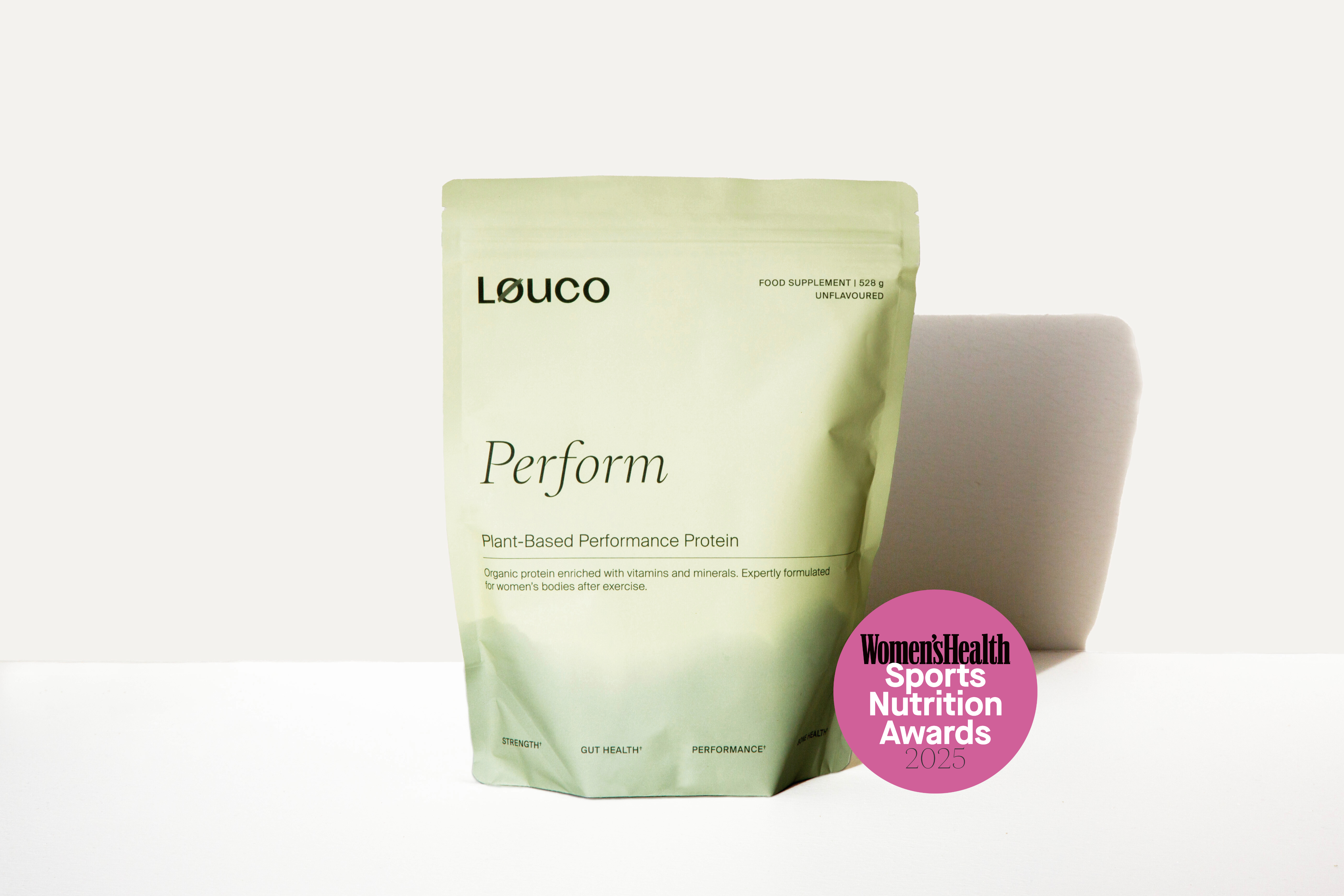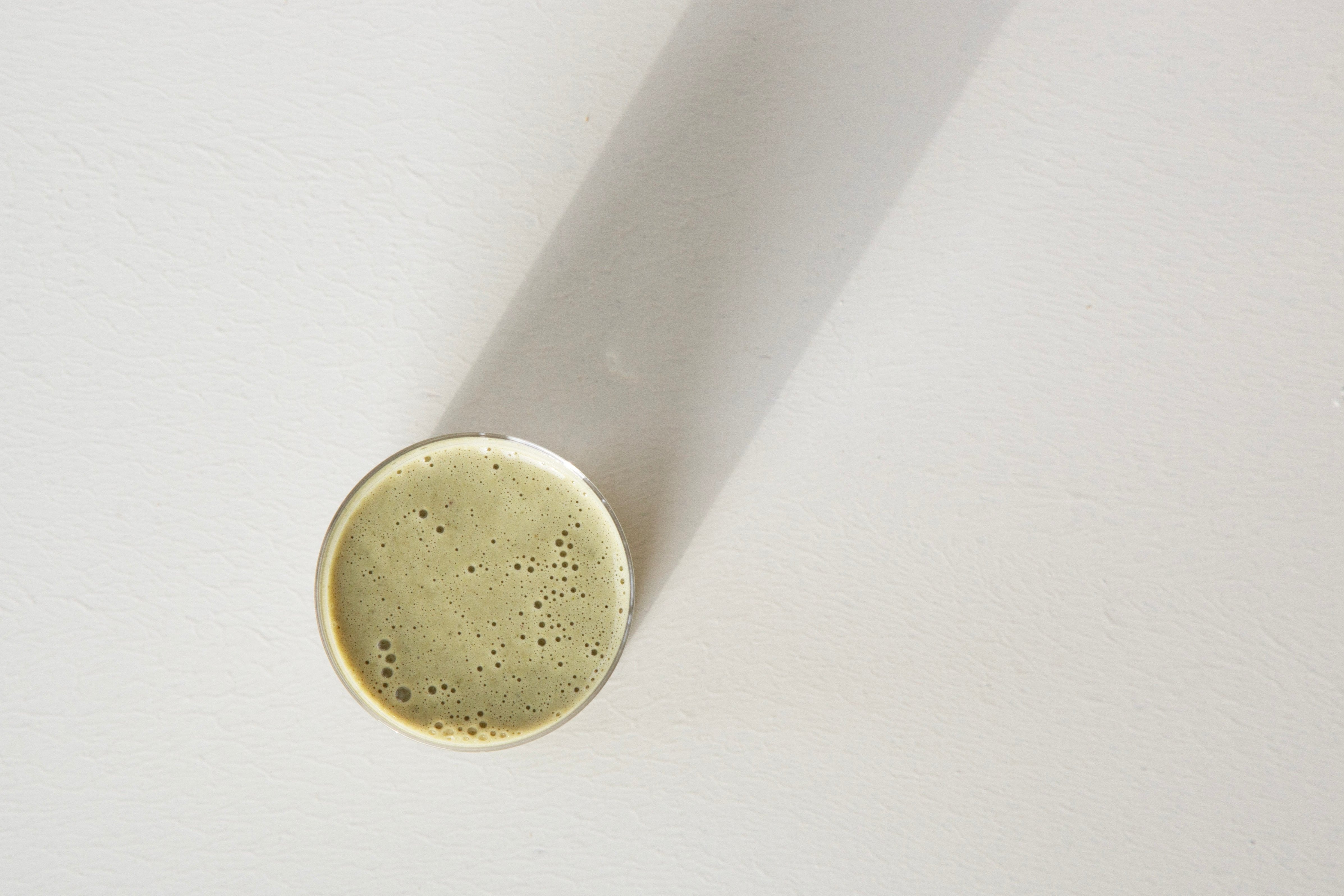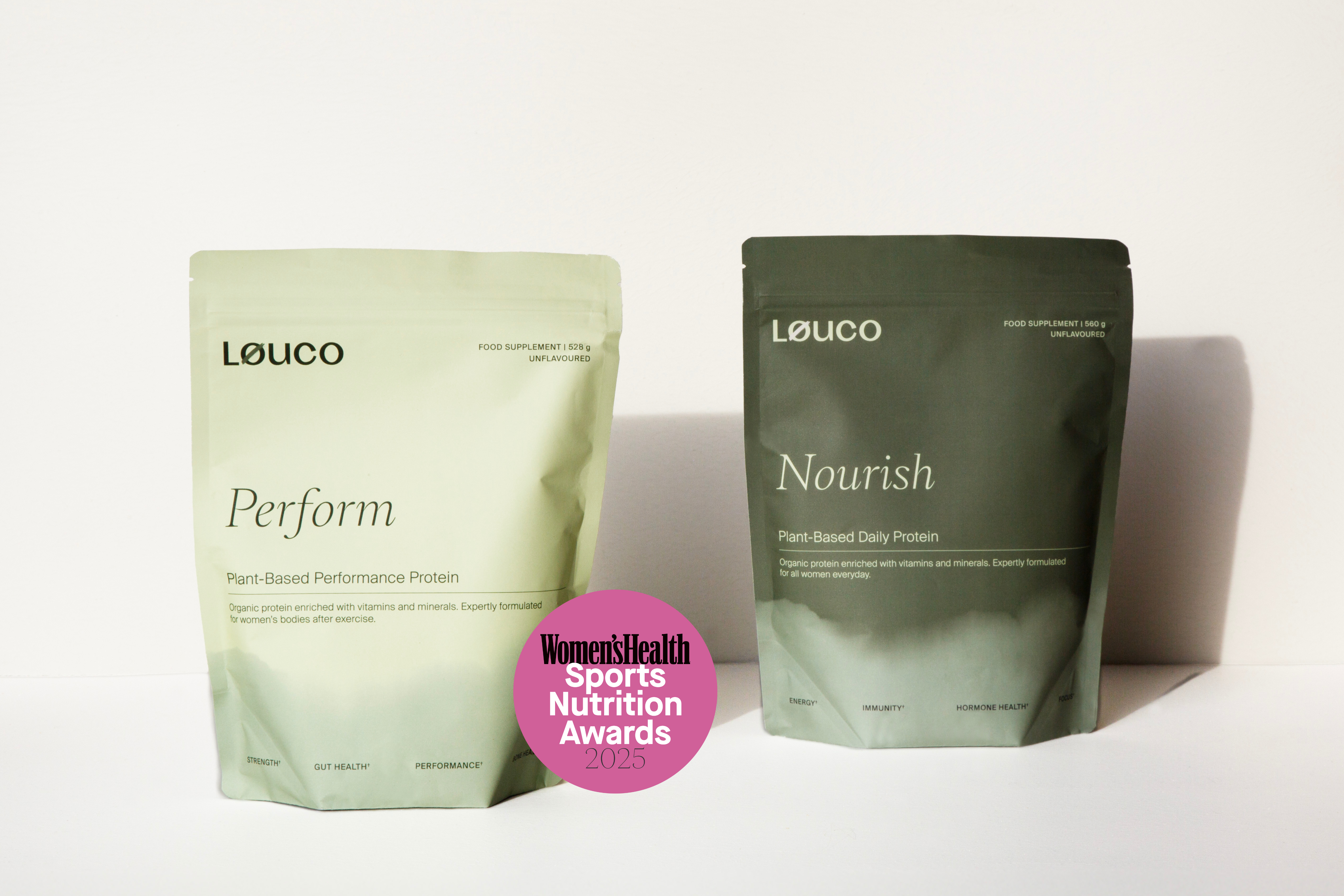Many of us worry about brain health, especially as we age, and the journey of Alzheimer's disease (AD) can be incredibly challenging for individuals and their loved ones. For years, scientists have been tirelessly searching for ways to support brain function and potentially slow the progression of AD. Now, exciting new preliminary research sheds light on a familiar supplement: Creatine Monohydrate (CrM).
You might know creatine from the world of fitness, where it's valued for boosting muscle energy. But what if this same organic molecule, vital for supplying energy to our brains and other high-energy organs, could also play a role in supporting brain health in AD?
Our brains are like complex engines, constantly needing fuel to function optimally. In AD, this energy system, including the creatine system, often doesn't work as well as it should. This makes targeting brain energy metabolism a compelling area for therapeutic strategies. Creatine supplementation is known to increase creatine levels in both skeletal muscle and the brain. Given its potential, researchers have been eager to explore its benefits for cognitive function.
The Latest Research: A Promising Pilot Study
A recent pilot trial, the Creatine to Augment Bioenergetics in Alzheimer’s (CABA) trial, specifically investigated whether CrM supplementation is feasible, increases brain creatine levels, and improves cognitive performance in individuals living with Alzheimer's disease. This study is particularly noteworthy because, despite encouraging preclinical findings in AD mouse models, it is the first clinical trial to investigate CrM as a potential additional therapy in humans with AD.
The study involved 20 participants, aged 60-90, who were diagnosed with AD. They took 20 grams of CrM daily for 8 weeks, split into two doses. A study partner, often a spouse or family member, helped support them throughout the intervention.
What They Found: Encouraging News for Your Brain!
The results from this pilot trial are truly encouraging, offering a new pathway for further exploration:
- Feasibility and Safety: The study found that CrM supplementation was feasible and well-tolerated in patients with AD. Nineteen out of twenty participants successfully completed the study and achieved a high level of compliance (over 80% of doses taken). Any reported side effects were mild, such as cramping or muscle pain, and they typically resolved within the first few weeks.
- Brain Creatine Levels Increased: Using advanced magnetic resonance imaging (MRI) techniques, researchers observed a significant 11% increase in total creatine levels in the brain after just 8 weeks of supplementation. This is a crucial finding, as it directly shows the supplement can impact brain chemistry in AD patients.
- Cognition Showed Improvements: Perhaps most excitingly, the CrM intervention was associated with improvements in several areas of cognition:
-
- Global cognition (overall thinking ability).
- Fluid cognition, which relates to our ability to think abstractly, solve new problems, and reason.
- List Sorting Working Memory, a measure of our ability to hold and manipulate information in our minds.
- Oral Reading Recognition, reflecting the ability to properly read and pronounce words.
- There was also a trending improvement in Flanker Inhibitory Control and Attention, which assesses our ability to focus and control impulses.
While this particular study did not find that sex influenced the cognitive results, suggesting these benefits could apply broadly, previous preclinical studies had explored potential sex-specific effects.
Why This Matters
These findings are significant because they suggest that CrM, a cost-effective supplement with a good safety profile, could offer bioenergetic and cognitive benefits in Alzheimer's disease. For those navigating the complexities of AD, any potential intervention that is both accessible and well-tolerated represents a valuable step forward.
What's Next?
It’s important to remember that this was a single-arm pilot trial, meaning there was no placebo group for comparison. This means we need to be cautious with our interpretations, as factors like the "test-retest effect" (simply getting better at a test with practice) or a "placebo effect" (improvement due to expectation) cannot be entirely ruled out.
However, these preliminary results are incredibly promising and provide strong justification for larger, more definitive efficacy trials. Future studies will aim to confirm these benefits, determine the optimal dose of CrM, and delve deeper into how it works in the brain.
Think of our brains as intricate, bustling cities. In Alzheimer's, some of the power grids might be faltering, making it harder for information to flow and for the city to thrive. This research suggests that creatine monohydrate could be like a new, efficient power source that helps repair and optimize those failing grids, allowing the city, our brain, to hum with more energy and function more effectively, even in challenging conditions. This pilot study has given us a hopeful blueprint, and we eagerly await the larger construction projects to follow.

Written by: Rachel Prince | Co-Founder & Women’s Health Exercise Specialist











Leave a comment